If grace covers all sin, why not keep sinning? Romans 6:15-7:6 reveals Paul’s answer—and it’s not what you expect. Discover why grace doesn’t permit sin; it transforms your desire for it.

Latest Blog Posts from Wednesday in the Word, the podcast about what the Bible means and how we know.

If grace covers all sin, why not keep sinning? Romans 6:15-7:6 reveals Paul’s answer—and it’s not what you expect. Discover why grace doesn’t permit sin; it transforms your desire for it.

Learn how to avoid plagiarism in Bible study with clear do’s, don’ts, and real examples—when to cite, how to credit sources, and what to change.

Season 27 begins February 4, 2026 I'm excited to announce that Season 27 of the Wednesday in the Word podcast begins February 4. We’re doing a topical bible study called Start Strong: A New Believer’s Podcast, a 15-week topical Bible study for those just starting...

Discover what new believers need to know about repentance, sin, finding the right church, biblical worldview, and fellowship. A conversation with Rob Schilling on The Schilling Show.

Learn how to become a Bible teacher with 6 clear steps from study habits to mentorship and prep time, so you can teach with confidence.

Tools and resources you need to do a word study on the Greek word for Strong’s number: G4678 Greek Lexical Dictionary: Strong's #4678 - σοφία Greek Word: σοφία Part of Speech: Noun, Feminine Transliteration: sophia Phonetic Spelling: so-FEE-ah Quick Definition: Wisdom...

Grow as a Bible teacher with four key roles—cheerleader, coach, critic, craftsman. Learn to find them, set expectations, and trust the team.

Tools and resources you need to do a word study on the Greek word for work, ergon, Strong’s G2041.

You’ve probably heard a teacher, pastor or preacher say something to the effect “and then God told me.” What’s up with that? What role does personal experience and/or personal revelation play in Bible study? For me, the bottom line is: Scripture takes precedence over emotions and experience; and teachers ought to strive for accuracy and precision in their language. Here are the guidelines I use when teaching.

Resources to help you do a word study on the biblical greek word dokimé, translated testing, Strong’s G1382.
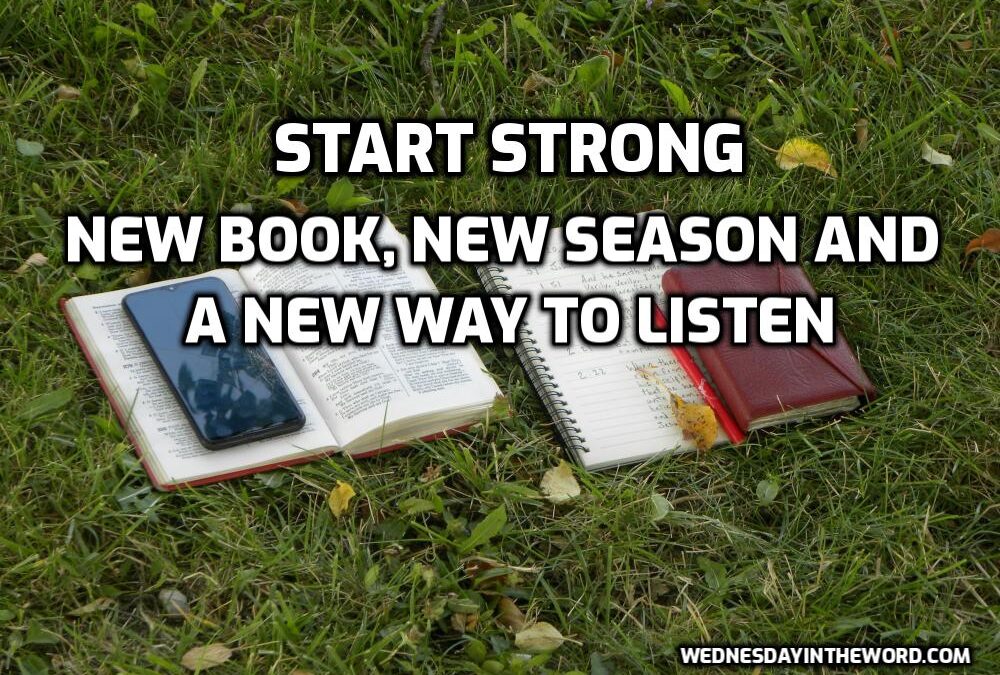
Discover what’s new at Wednesday in the Word in 2026: a new season, a new book, and a new way to listen—designed especially for new and growing believers.
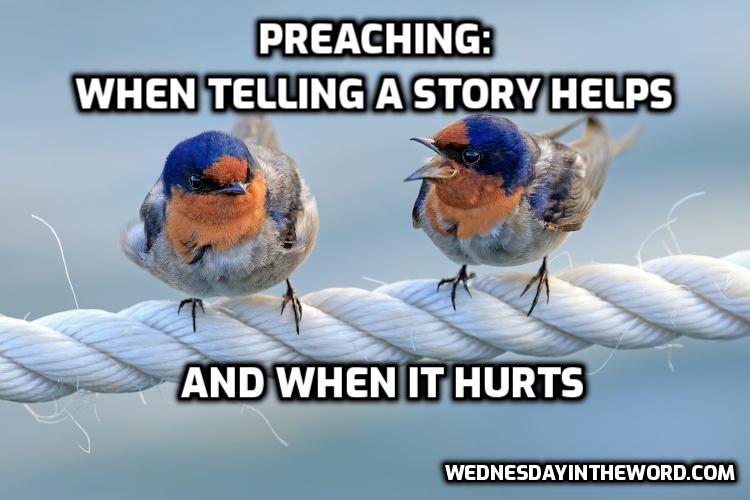
Teaching through stories is increasingly popular. But there is a downside. Here’s how to avoid the pitfalls.

2025 Year in Review: Highlights and accomplishments from Wednesday int the Word, who listened and where you listened from.
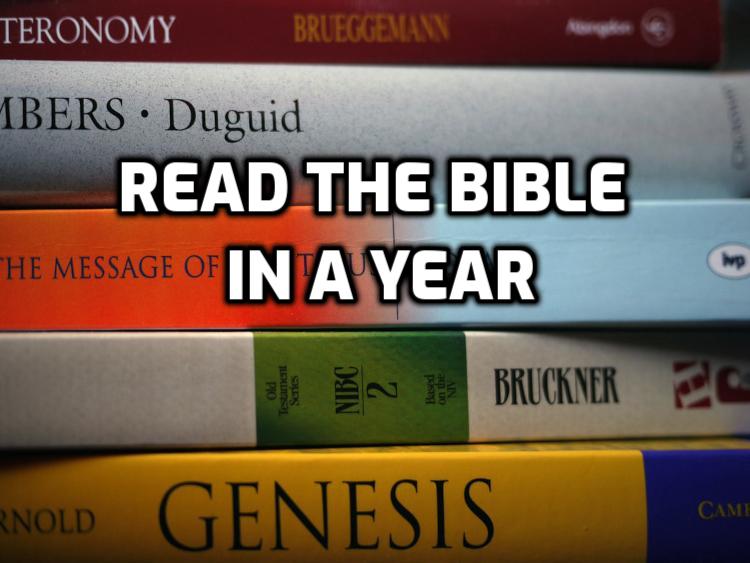
Have you decided to read through the Bible as one of your New Year’s Resolutions? Here’s a great selection of updated plans to help you keep that resolution.

Wishing you an “exceptionally good Christmas” and the true joy of the season that only the peace of God in hearts can bring.

The angel tells Joseph something about this son Mary will have. Who does the angel say this child is?

How can anything that fits under a Christmas tree transform the recipient’s life from misery to joy?
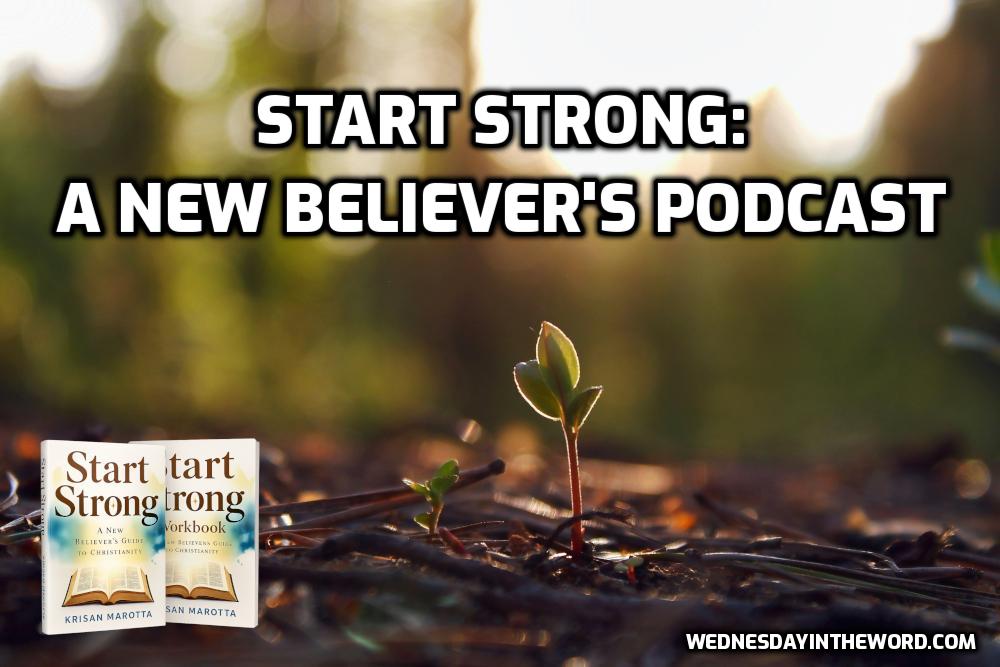
Start Strong: A New Believer’s Podcast. A 15-week series unpacking the Scripture behind Start Strong: A New Believer’s Guide to Christianity.
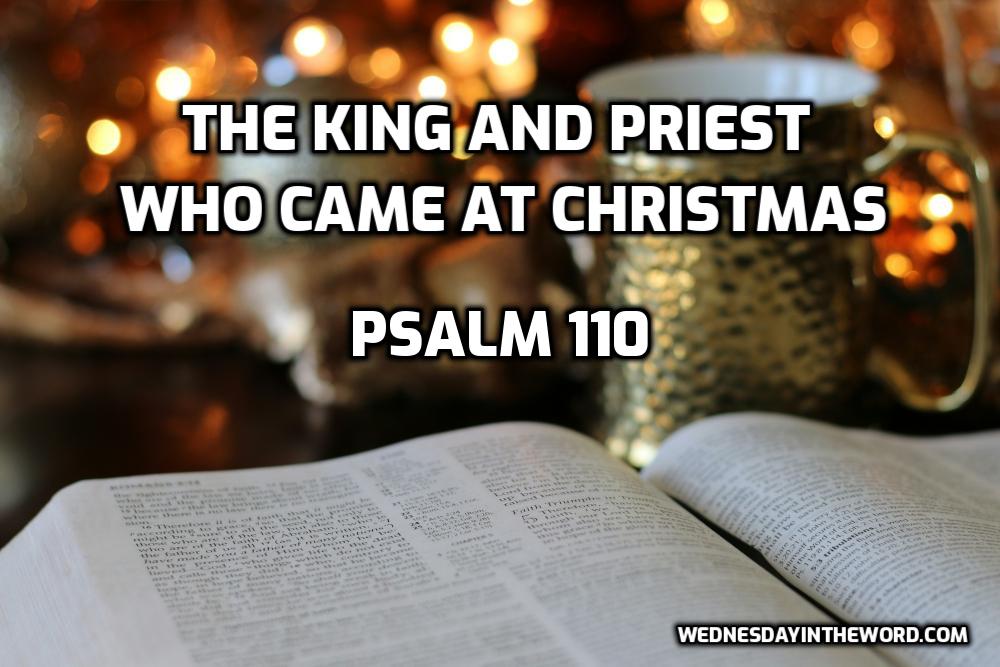
Explore Psalm 110 as a Christmas message and see how Jesus is both King and Priest who fulfills this messianic psalm and rules forever for us today.

This December you can have a Mary Christmas or a Martha Christmas. In a Martha Christmas you are so frantic doing good things that you miss the best gift of all. In a Mary Christmas you recognize what is truly important and find the best gift of all.

As we celebrate Thanksgiving, I’m reminded of how thankful I am for this community of people who care deeply about truth, who keep showing up to learn, and who believe the Bible is worth understanding. I count it a privilege to study alongside you. Special...

I’m grateful for your involvement with Wednesday in the Word.

Struggling with doubt? Discover how the Bible answers “Am I really saved?” Learn what trials reveal about your faith and how God marks you as His own.

Master Bible observation by learning what to notice in each passage and why it matters. How to Observe Scripture: 10 Things to Watch For

You don’t have to be a Bible expert to lead a healthy group. Learn how to guide a simple, text-centered Bible discussion with confidence and without pressure.

The first step in Bible study is observation. The goal is to slow down your reading and generate a list of questions that must be answered to understand the passage. I tend to break observation into the following 4 steps which generally correspond to my first few readings through the passage.

Not sure which Bible to read? Learn the difference between word-for-word, thought-for-thought, and paraphrase translations—and which one is best for study and devotion.
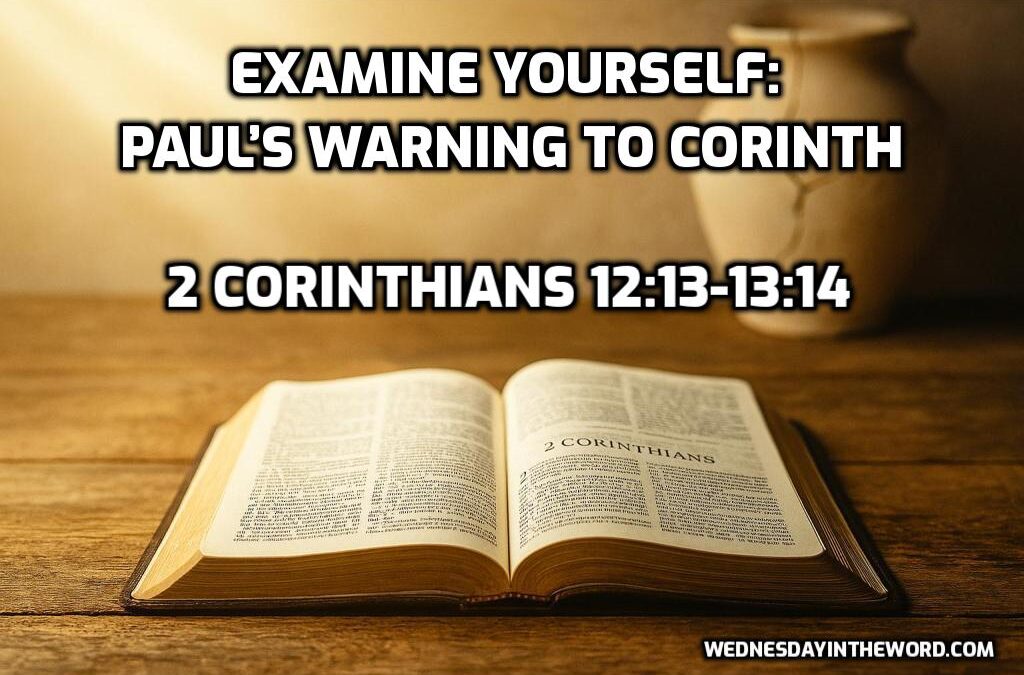
Paul’s closing charge is often misunderstood. In this passage, “examine yourself” is not a call to anxious introspection but a corrective to a church testing Paul while overlooking the evidence of Christ at work among them. Paul redirects attention from his credentials to their shared life in Christ, using his authority to build them up and aiming for restoration, unity, and peace.

Apocalyptic literature is a sub-category of prophecy. The name comes from the Greek word apocalypsis which means uncovering or unveiling.

Start Strong releases January 9. 5 New podcast episodes. 4 New Bible Study Resources. September 25 news from Wednesday in the Word.
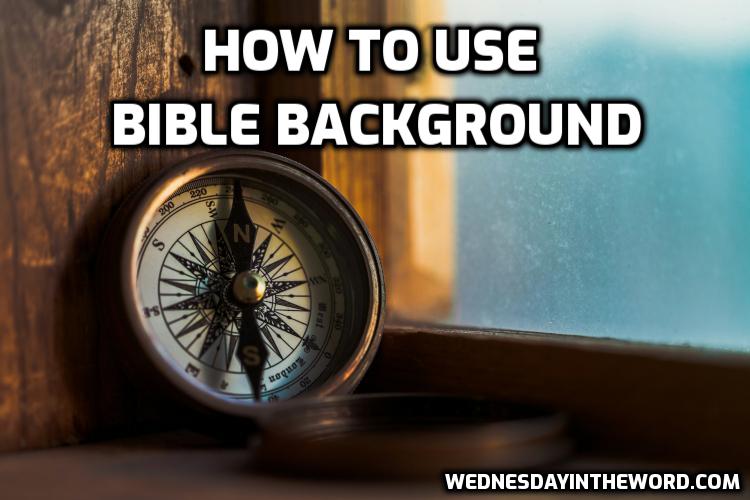
Background is your flashlight, not your steering wheel. Use it to illuminate the author’s path. Then keep walking where the paragraph leads
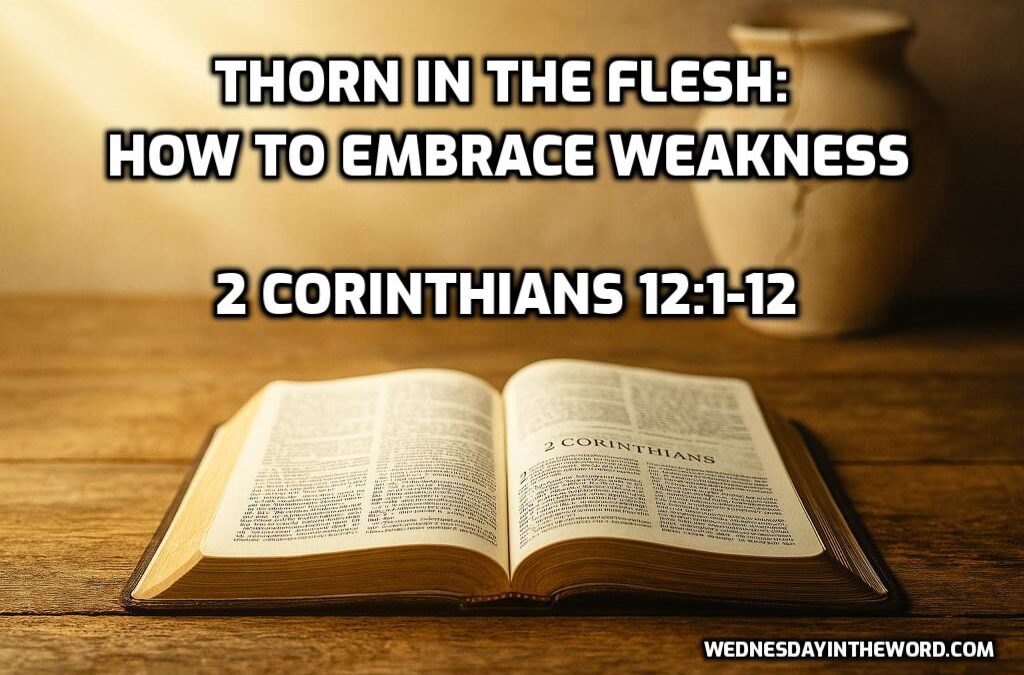
What was Paul’s thorn in the flesh and why didn’t God remove it? Discover how weakness can reveal God’s power and reframe your own struggles.

An analytical outline is a way of displaying a text of Scripture so that the flow of thought and the relationship between the grammatical parts become clear. It is my favorite study tool and one of the first things I do. Learn how to make one.

How to Use Commentaries wisely: when to open them, which ones to read, and how to compare, without replacing your own study.
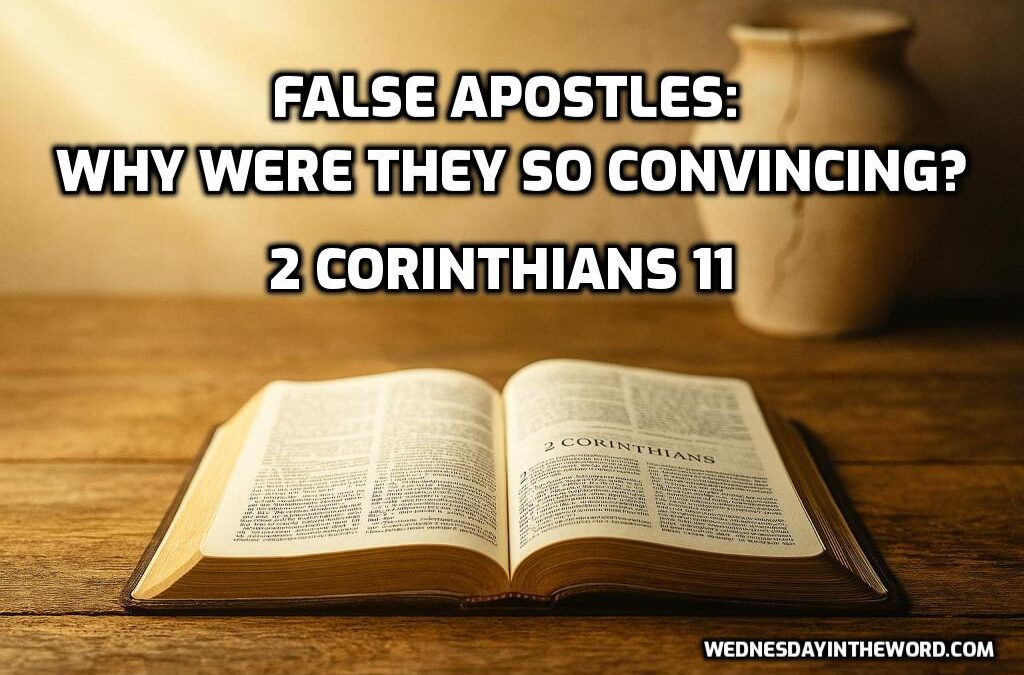
Paul confronts the false apostles and reveals what true gospel leadership looks like. Learn how to spot deception and follow the real thing.

While I recommend you learn how to do your own word studies, here are some shortcuts you can take to save time, to get past “study block” or compare your ideas with someone else’s.